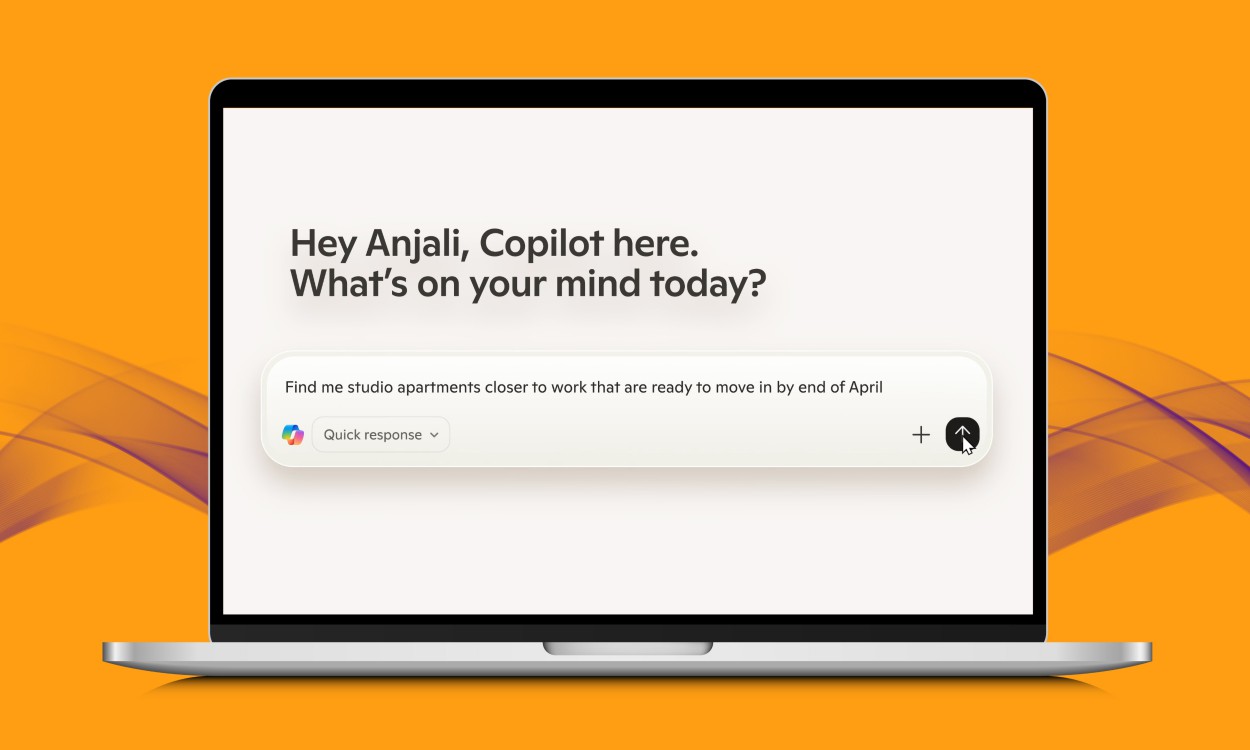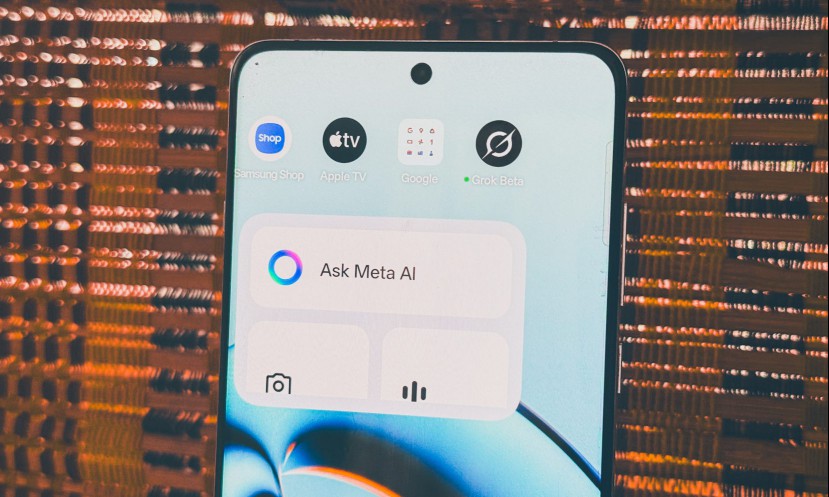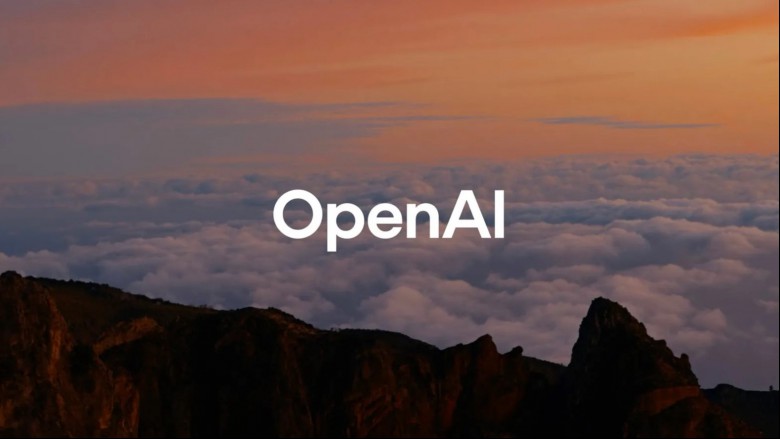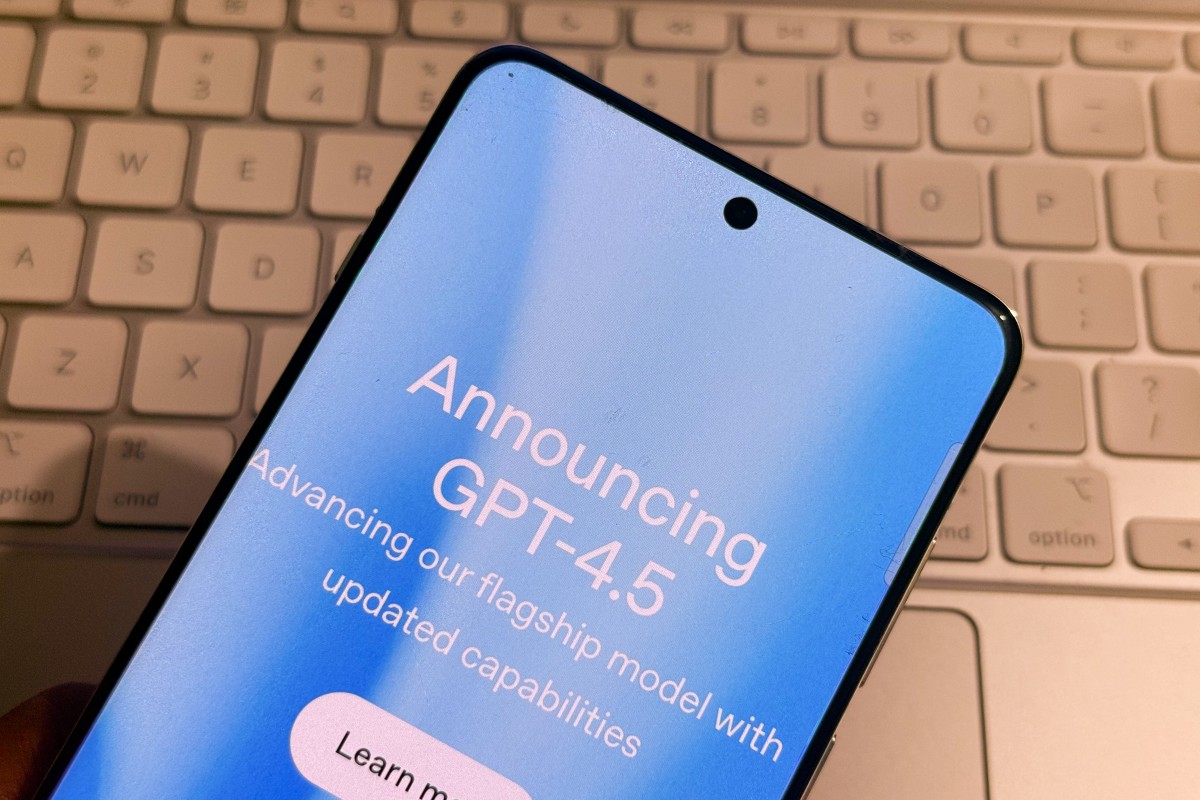Spotify hit band The Velvet Sundown comes clean on AI
The Velvet Sundown burst onto the music scene in early June and in the space of just a few weeks gained an astonishing 400,000 monthly listeners on Sp

Everyone’s heard the expression, “Politeness costs nothing,” but with the advent of AI chatbots, it may have to be revised.
Just recently, someone on X wondered how much OpenAI spends on electricity at its data centers to process polite terms like “please” and “thank you” when people engage with its ChatGPT chatbot.
To the poster’s likely surprise, OpenAI Sam Altman actually responded, saying: “Tens of millions of dollars well spent,” before adding: “You never know.”
Many folks who engage with AI chatbots — whether via text or speech — find the conversational experience so realistic that it just feels normal to request and respond politely. But as Altman confirmed, those little extras need to be processed by its power-hungry AI tools, which means more costs to the company, and also to the environment, as most data centers are still powered by electricity generated from fossil fuels
Think about it. Each polite phrase adds to the processing burden, which, when multiplied across billions of queries, results in a significant additional energy use.
A survey carried out in the U.S. last year found that 67% of respondents reported being polite to AI chatbots, suggesting that 33% like to skip the niceties and get straight to the point.
So, should we try to drop the manners and be less courteous in our exchanges with ChatGPT and other AI chatbots? Or just continue being polite, despite the drawbacks.
Research conducted last year found that the level of politeness may well affect the quality of the large language model (LLM) that delivers responses via the chatbots.
“Impolite prompts may lead to a deterioration in model performance, including generations containing mistakes, stronger biases, and omission of information,” the researchers concluded.
On the same issue, a TechRadar reporter who recently experimented by conversing with ChatGPT in a less courteous manner found that the responses “seemed less helpful.”
For many, being less polite toward AI chatbots may be a challenge, and it could even do a lot more than simply lower OpenAI’s energy costs and ease the burden on the environment. The fear among some studying the matter is that if it becomes socially acceptable to be blunt toward AI chatbots, such behavior could begin to leech into interpersonal interactions, potentially making human exchanges less courteous over time.

The Velvet Sundown burst onto the music scene in early June and in the space of just a few weeks gained an astonishing 400,000 monthly listeners on Sp


Imagine a tech giant telling you that it wants your Instagram and Facebook posts to train its AI models. And that too, without any incentive. You coul

One of the most obvious — and honestly, the dullest —trends within the smartphone industry over the past couple of years has been the incessant talk a
Google’s Gemini AI has steadily made its way to the best of its software suite, from native Android integrations to interoperability with Workspace ap

Competition in the AI industry remains tough, and OpenAI has proven that it is not taking any coming challenges lightly. The generative AI brand annou

OpenAI has just introduced its latest AI model, dubbed GPT-4.5, which the company claims is its largest and best model yet. This is not a reasoning mo
Over three months ago, Google started beta testing a new safety feature for Pixel phones that can sense signs of a fraud in voice calls using AI analy
We are a comprehensive and trusted information platform dedicated to delivering high-quality content across a wide range of topics, including society, technology, business, health, culture, and entertainment.
From breaking news to in-depth reports, we adhere to the principles of accuracy and diverse perspectives, helping readers find clarity and reliability in today’s fast-paced information landscape.
Our goal is to be a dependable source of knowledge for every reader—making information not only accessible but truly trustworthy. Looking ahead, we will continue to enhance our content and services, connecting the world and delivering value.